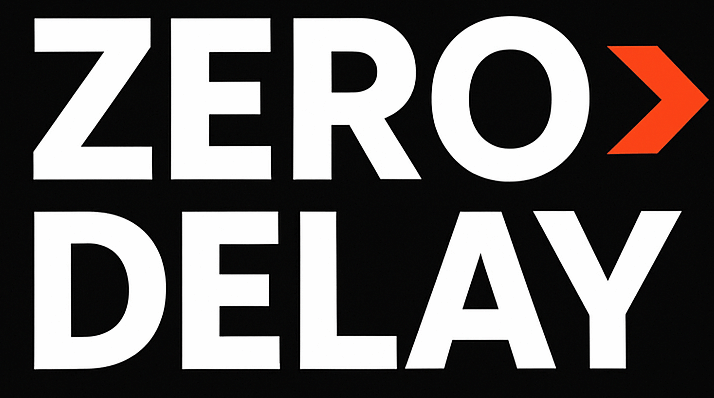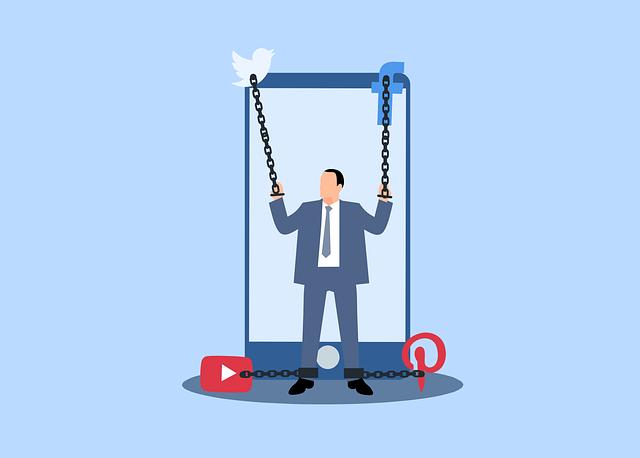Facebook, once the undisputed giant of social media, has shaped how billions connect, share, and communicate worldwide. Over the years, it has evolved from a simple platform for college students to a global digital town square. But as the digital landscape rapidly shifts with new platforms emerging and user preferences changing, many wonder: will Facebook still matter in 2025, or is it gradually fading into obscurity? This article explores whether Facebook’s influence is likely to endure or diminish over the next couple of years.
Will Facebook Maintain Its Influence by 2025?
By 2025, Facebook’s future influence hinges on its ability to adapt to the evolving digital environment. Despite fierce competition from platforms like TikTok, Instagram (which Facebook owns), and newer apps that cater to younger audiences, Facebook still boasts a vast user base—particularly among older demographics. This established presence provides a foundation for continued relevance, especially for advertisers and businesses seeking broad reach. Moreover, Facebook’s investments in virtual reality, e-commerce, and community-building tools suggest it is actively trying to stay ahead of the curve.
However, maintaining influence isn’t just about features; it’s about user engagement and perception. Facebook has faced criticism over privacy concerns, misinformation, and its impact on mental health, which could threaten its long-term appeal. If these issues persist or worsen, users and advertisers might seek alternative platforms that offer more transparency and healthier online environments. Still, Facebook’s deep integration into everyday life, from event planning to news consumption, could enable it to retain a significant presence despite these challenges.
Ultimately, Facebook’s influence by 2025 will depend on its ability to innovate responsibly and rebuild trust. Its vast user base, combined with ongoing strategic investments, suggests it will remain a relevant platform—though perhaps not as dominant as in its heyday. It’s likely to survive as a major social media player, even if the landscape shifts towards newer, more niche platforms.
Is Facebook’s Relevance Fading or Staying Strong in 2025?
Many critics argue that Facebook’s relevance is waning, citing declining engagement among younger users and a perception that the platform is becoming outdated. Platforms like TikTok and Snapchat have captured the youth demographic with short-form videos and innovative features that Facebook has been slow to replicate. As younger audiences migrate to these platforms, Facebook’s core user base—mainly older adults—may not be enough to sustain its influence. This demographic shift could diminish Facebook’s ability to shape trends and influence public discourse in the coming years.
On the other hand, Facebook’s staying power is supported by its vast and diverse global user base. In many developing countries, Facebook remains the primary social media platform, vital for communication, business, and social interaction. Its integration with services like WhatsApp and Instagram also creates a multi-platform ecosystem that can adapt to various user needs. Additionally, Facebook’s investment in new technologies, such as virtual reality through Meta, indicates an intent to innovate and diversify its offerings, potentially attracting new users and re-engaging existing ones.
In conclusion, Facebook’s relevance in 2025 is likely to be a mixed picture. While it might be losing ground among the youth in some regions, it continues to hold significant influence in others. The platform’s ability to reinvent itself and address concerns around privacy and content moderation will be crucial for maintaining its relevance. If it manages to innovate and rebuild trust, Facebook could still be a major player, though perhaps not the social media powerhouse it once was.
As the digital world evolves at breakneck speed, Facebook’s future remains uncertain yet promising. Its ability to adapt, innovate, and address user concerns will determine whether it maintains its influence or becomes a relic of the past. By 2025, Facebook may not hold the same crown as in previous years, but it’s unlikely to disappear entirely—more likely, it will continue to be a key piece of the social media puzzle, shaping online life in ways we might not yet fully appreciate.







